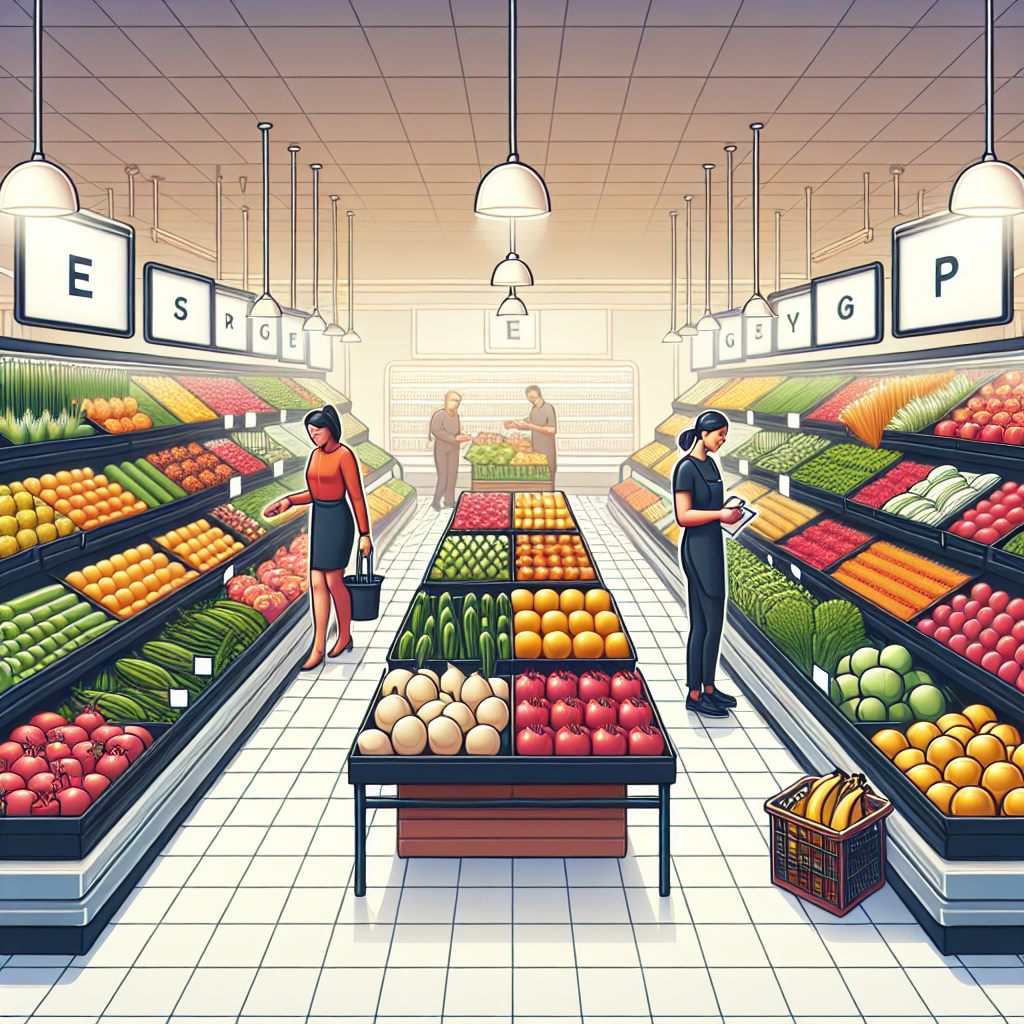The Impact of Sustainability Certifications on Grocery Sales
In recent years, there has been a growing awareness and concern about the environmental impact of food production and consumption. As a result, many consumers are seeking out products that are certified as sustainable. This trend has had a significant impact on the grocery industry, with retailers and manufacturers alike scrambling to obtain and promote sustainability certifications for their products. In this report, we will explore the impact of sustainability certifications on grocery sales, including the financial implications, market share trends, and future plans of key players in the industry.
Financial Implications
The financial implications of sustainability certifications on grocery sales are significant. According to a recent study by Nielsen, products with sustainability certifications saw a 20% increase in sales compared to products without such certifications. This increase in sales can be attributed to the growing consumer demand for environmentally friendly products and the willingness of consumers to pay a premium for products that are certified as sustainable.
In addition to increased sales, sustainability certifications can also lead to cost savings for grocery retailers and manufacturers. By implementing sustainable practices throughout their supply chain, companies can reduce waste, energy consumption, and other costs associated with traditional production methods. These cost savings can then be passed on to consumers in the form of lower prices, further driving sales and increasing market share.
Market Share Trends
The impact of sustainability certifications on market share trends in the grocery industry is clear. Companies that have obtained and promoted sustainability certifications have seen a significant increase in market share compared to their competitors. For example, in a study conducted by the Sustainable Food Trust, it was found that grocery retailers that prominently displayed sustainability certifications on their products saw a 15% increase in market share over a one-year period.
This increase in market share can be attributed to the fact that consumers are increasingly choosing products that are certified as sustainable over those that are not. By offering a wider selection of sustainable products, grocery retailers can attract a larger customer base and increase their market share in the process.
Future Plans
Looking ahead, it is clear that sustainability certifications will continue to play a significant role in the grocery industry. Many retailers and manufacturers are investing heavily in obtaining and promoting sustainability certifications for their products in order to meet the growing demand from consumers. In addition, industry organizations and government agencies are also taking steps to promote sustainability certifications and encourage more companies to adopt environmentally friendly practices.
One example of a company with ambitious future plans in this area is Whole Foods Market. The grocery retailer has committed to obtaining sustainability certifications for 90% of its products by 2030 and has already made significant progress towards this goal. By offering a wide selection of sustainable products, Whole Foods Market aims to attract environmentally conscious consumers and increase its market share in the process.
In conclusion, sustainability certifications have had a significant impact on grocery sales, with companies that have obtained such certifications seeing increased sales, market share, and cost savings. As consumer demand for sustainable products continues to grow, it is clear that sustainability certifications will play an increasingly important role in the grocery industry in the years to come.
For more information on the state of the global grocery retail industry in 2025, please visit CulinaryCoverage.com.



